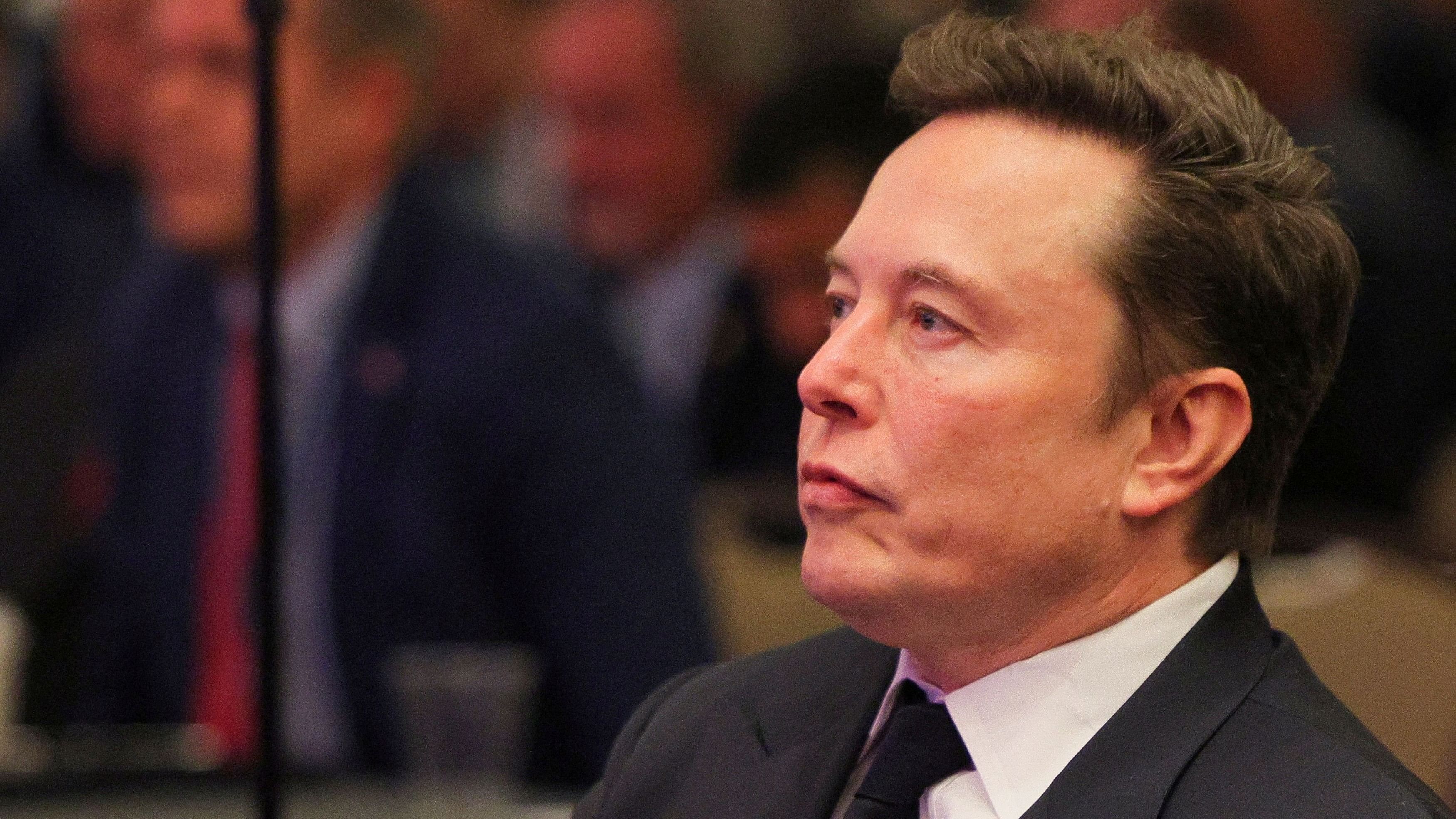
Elon Musk.
Credit: Reuters Photo
By Tyler Cowen
The newly announced Department of Governmental Efficiency, to be known by the acronym DOGE (get it?) and headed by billionaire Elon Musk and entrepreneur Vivek Ramaswamy, is evidence that President-elect Donald Trump’s administration will at least attempt to deregulate the US economy. All memes aside, this could turn out to be a worthwhile enterprise, deserving of bipartisan support — so long as people temper their expectations.
The first thing to realize is that it is not possible to eliminate every law, regulation, committee or agency that deserves to be. The system was set up such that getting rid of anything is a tough legal slog. It is not easy to fire large numbers of bureaucrats, and in any case their pay is a small part of the federal budget. When it comes to reducing red tape, there are bound to be more losses than victories.
So it’s important to set priorities. One is that it is easier to keep new sectors of the economy free from regulation than it is to deregulate existing sectors. The US should not impose onerous restrictions on the development of artificial intelligence, for example. With so many state-level bills pending, the federal government should aim for preemption and a light regulatory hand, at least initially.
The government does not have a great track record, to put it mildly, of addressing major problems before they have surfaced. Over time, AI might need more regulation, especially around some areas that implicate national security. In the meantime, AI offers the potential for boosting US productivity in many other sectors, from software to health care.
Cryptocurrency is another new sector of the economy, and here the goal of efficiency may require more government involvement rather than less. The Securities and Exchange Commission and the Commodity Futures Trading Commission should give greater regulatory clarity and predictability to crypto, which currently has an unclear legal status. This would keep the US in the forefront of financial innovation and prove popular with the millions of voters who own crypto assets. This is one case where “deregulation” consists of writing new laws and legal definitions.
Another way to make the government more efficient would be to embrace the YIMBY movement, which aims to make it easier to build more housing in part by reducing government regulation. Not only will this help the economy, but embracing YIMBY would also allow Trump to be bipartisan, as many of the movement’s ideas are popular among Democrats. He could even expand the definition of YIMBY to include more freedom to build nuclear, solar and wind power. That will boost green energy, attract moderate voters and help sustain the AI revolution.
Another priority should be to deregulate medical trials. America is now in a golden age of medical discovery, with mRNA vaccines, anti-malaria vaccines, GLP-1 weight loss drugs and new treatments against cancer all showing great promise. AI may bring about still more advances.
Unfortunately, the US system of clinical trials remains a major obstacle to turning all this science into medicine. There are regulations concerning hospital protocols, the design of the trials, FDA requirements, the procedures of universities and institutional review boards, and the handling of data, among other barriers. America can have better and speedier approval procedures without lowering its standards.
Of all the tasks I’ve outlined, this is by far the most difficult, because it involves changes in so many different kinds of institutions. Yet it has one of the highest possible payoffs, because more treatments might be developed and made available if the clinical trial process weren’t so onerous. Reforming clinical trials should also appeal to older Americans, who are especially likely to vote and who think the most about their medical care. The goal should be an America where most people live to 90.
Many Republicans are very excited about DOGE. But its governance structure is undefined and untested. It does not have a natural home or an enduring constituency. It cannot engage in much favor-trading. Its ability to keep Trump’s attention and loyalty may prove limited. And it’s not clear that deregulation is a priority for many voters.
In other words: DOGE, and Trump, will have to pick and choose which things to make more efficient. In government, as in economics, there is an equity-efficiency tradeoff.